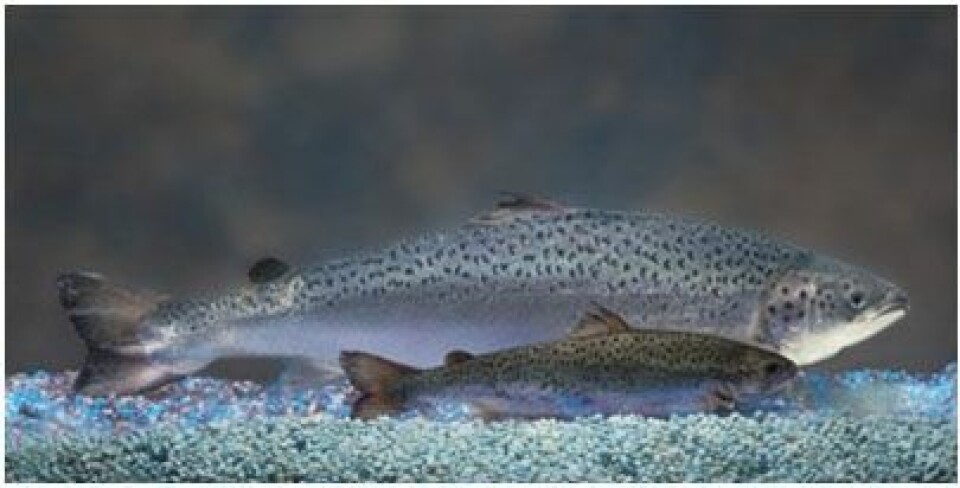
AquaBounty losses rise as production gears up
Transgenic-salmon producer AquaBounty’s net loss for the six months ending on June 30 increased to $6.8 million from $5.2m in the same period in 2018, the Massachusetts-based company has revealed.
Most of the extra loss came in the second quarter of 2019, when net loss increased to $4m from $2.8m in Q2 2018.
AquaBounty said in a press release that the increased loss was due to increases in headcount and associated ramp-up costs at its grow-out farm in Indiana, stock compensation charges, and legal fees in support of the US Food and Drug Administration’s (FDA) defence of its approval of the company’s AquAdvantage salmon.

Historic Q2
Chief executive Sylvia Wulf said the past quarter had been a historic one, as the FDA’s lifting of an Import Alert on AquAdvantage salmon allowed the company to stock its eggs at its Indiana farm site and grow its fish in the United States for the first time.
“We also stocked our new farm in Rollo Bay on Prince Edward Island and completed a second equity fundraise (of $5.8m net) to continue to improve our balance sheet,” said Wulf.
Cash assets at June 30 stood at $10.4m, compared to just under $3m at December 31 last year.
With the commercial facilities in Indiana and PIE now operating, AquaBounty has completed the closure of its demonstration farm in Panama, which had been producing a small amount of fish for the Canadian market.
AquAdvantage salmon have a genetic modification that allows them to grow more quickly than conventional salmon.






















































